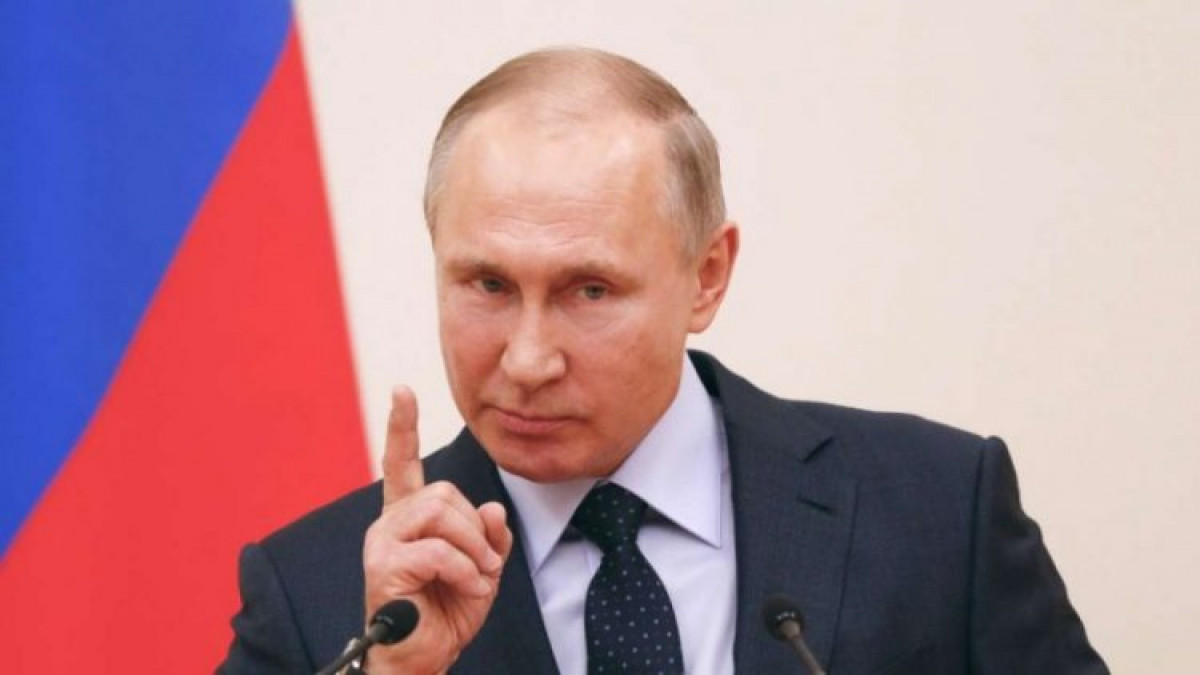 99
99
The army of the Republic of Azerbaijan has invaded and seized parts of Armenian territory in recent months. After a long wait and at Armenia’s request, Russia has urged all parties to exercise prudence and a ceasefire. Given the Republic of Azerbaijan’s and Turkey’s insistence on the establishment of a corridor between Nakhchivan and the Republic of Azerbaijan, border confrontations between the two nations are expected to continue. In this conflict, the Republic of Azerbaijan and Turkey, on one hand, and Armenia and Iran, on the other, have opposing interests. Turkey and Azerbaijan seek to establish a commercial and energy corridor across Armenia, which would deprive Iran and Armenia of geopolitical and geoeconomic possibilities, cut Iran off from energy transit routes, and draw NATO into the Caucasus and Central Asia. Iran and Armenia are both working to derail these goals but the two nations’ limited countermeasures, which have been limited to not allowing the region’s borders to be modified and conducting military manoeuvres, have not deterred Azerbaijan and Turkey from acting belligerently. As a result of Armenia’s weak reaction, Azerbaijan and Turkey have become increasingly antagonistic recently. However, the issue that arises is what Russia’s objectives, interests, and strategy in the Caucasus are. The most important aspect of Moscow’s policy is to preserve the balance between Azerbaijan and Armenia by acting as a saviour. Russia is aiming to retain its influence and dominance over both Azerbaijan and Armenia by maintaining a state of neither war nor peace in the Caucasus, emphasising the need for Russian military presence to keep the peace and prevent the emergence of another pro-American Ukraine or Georgia in its southern doorsteps. Putin is disappointed with Armenian Prime Minister Nikol Pashinyan’s political moves, who believes that George Soros has directly appointed Pashinyan. As a result, Russia makes minimal effort to boost Armenia’s defence and military capabilities in the hopes that Yerevan will eventually adopt Russian-friendly policies and distance itself from the United States. Many Armenian and Russian political parties and media outlets have publicly criticised Prime Minister Pashinyan for the war’s defeat and the Kremlin’s lack of involvement as a result of his pro-Western policies. Russia wants Armenians to believe that if they do not get Russian support, they would perish, so that they, like Belarus, will embrace Kremlin policies. Azerbaijan’s military successes were reliant on collaboration with Moscow and commitment to Kremlin goals, according to a message given by Russia to Baku. Putin is attempting to keep Baku too reliant on Russia. In this way, Russia has been able to depict itself as a neutral country and operate as a mediator in conflict zones across the Caucasus. At the same time, Russia has prohibited Turkey’s involvement in the Baku-Yerevan peace talks. Ankara has demonstrated that it is an aggressive country that openly supports Azerbaijan’s aims, putting Moscow’s long-term interests at risk. To underscore its toughness against Turkey, the Kremlin bombed Turkish-backed terrorist training camps in Syria. As a result, Ankara realised it was no longer possible to transport terrorists from Syria to Azerbaijan. As a result, Russia tries to prevent any confrontation that may significantly alter the region’s present political landscape. Nevertheless, minor Azerbaijani incursions into Armenia, on the other hand, will not be prevented to fulfil the aforementioned Kremlin goals. Because it has considerable intelligence and operational capabilities and weapons in both Azerbaijan and Armenia, Russia is aware of Baku’s aim to capture portions of Armenia’s Syunik region to establish the Zangezur corridor. Following the end of the ‘Kavkaz’ joint military training between Russia and Armenia last year, the 44-day conflict began. At the time, Russian soldiers were still stationed in Armenia. This demonstrated that Baku began
Comment
Post a comment for this article